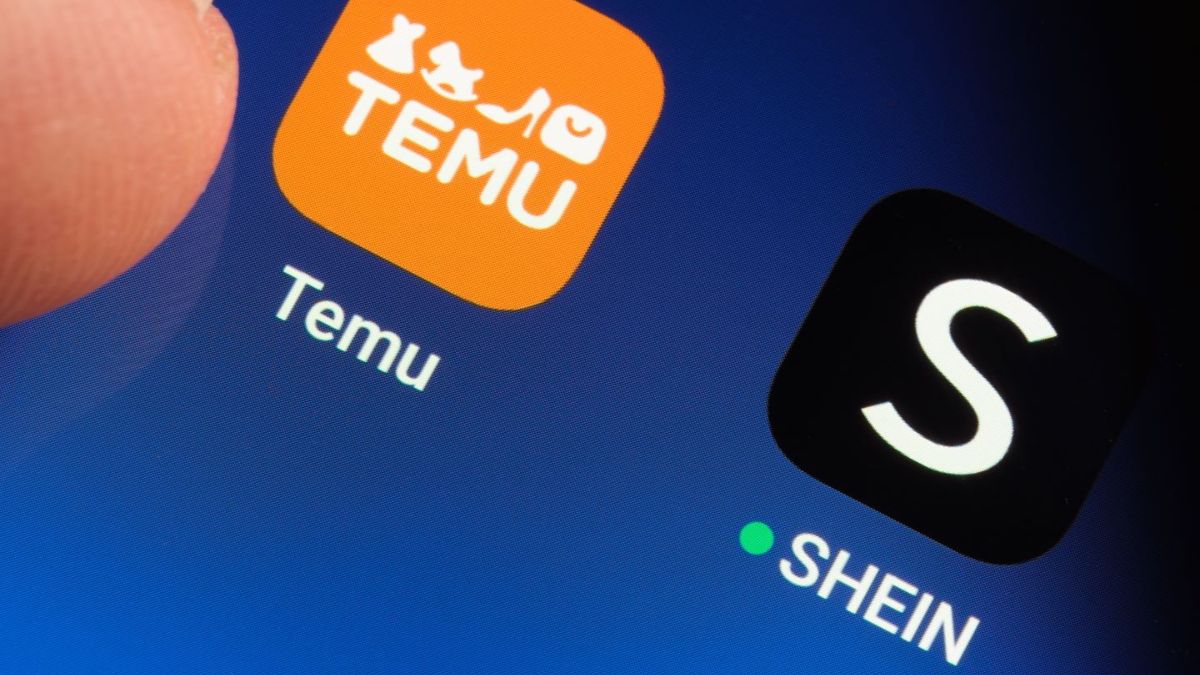In just 17 days post-launch, Temu outpaced major apps like Instagram and WhatsApp on the Apple App Store in the U.S., according to data from Apptopia. Temu, along with Shein and ByteDance’s TikTok Shop, has rapidly gained traction in the U.S. market, offering low-cost goods directly from China, such as $3 shoes and $15 smartwatches.
These platforms have introduced fresh competition for established U.S. e-commerce giants like Amazon, eBay, and Etsy. Industry experts attribute much of their success to the de minimis exception, a trade loophole that allows packages valued under $800 from China to enter the U.S. duty-free. David Zapolsky, Amazon’s top public policy executive, has raised concerns about the lack of scrutiny regarding this loophole, suggesting that it could be impacting fair competition and regulatory practices.
As the tech earnings season unfolds, Temu and Shein’s growth will be a key focus for investors. Amazon, Meta, eBay, and Etsy are among the companies expected to report earnings this week. Wall Street will be keenly observing any comments on how these Chinese e-commerce platforms are influencing market dynamics and advertising spending.
The earnings season began with mixed results. Alphabet reported a slight revenue beat but missed estimates on YouTube ad sales, causing a 5% drop in its stock. Tesla experienced a significant 12% plunge in its shares following weaker-than-expected earnings and declining auto revenue. Upcoming reports from Apple, Microsoft, Intel, Qualcomm, Block, and Snap will further influence market sentiment.
Amazon is projected to show an 11% revenue growth to $148.6 billion, with a 63% increase in net income due to significant cost-cutting measures. Despite its dominance, Amazon faces increasing competition from platforms like Temu and Shein, which use a direct-from-factory model and slower shipping to offer lower prices.
Shein, valued at $66 billion, and Temu, which debuted in the U.S. in 2022, have invested heavily in marketing, including Temu’s Super Bowl ad campaign. While Amazon emphasizes its delivery speed, Temu and Shein’s direct sales approach poses a threat to established players. However, officials in the U.S. and Europe are considering measures to address the trade loophole and increase duties on low-cost imports, which could impact these platforms’ growth.
Temu’s advertising spend might be pulling back, with Barclays noting a decline in new shoppers since late 2023. This has raised concerns about a potential slowdown in digital ad growth, particularly affecting Meta. The company’s advertising revenue growth in the Asia-Pacific region has been robust, but the overall impact of Chinese competitors remains a question.
eBay has dismissed the idea that Chinese rivals are significantly affecting its market share, while Etsy focuses on promoting its unique artisan goods. Despite the current buzz, some analysts suggest that Temu and Shein may be short-term phenomena, citing the previous decline of Wish, a similar platform.
Temu’s shipping times, which range from four to 22 days, and Shein’s, between three and 14 days, could limit their long-term competitiveness compared to Amazon’s expedited delivery. Amazon is adapting by planning a new discount store for low-priced items, potentially leveraging the de minimis rule similar to Temu and Shein.
Amazon’s Zapolsky emphasized that regardless of regulatory changes, Amazon must continue to offer the best quality and prices to compete effectively.


